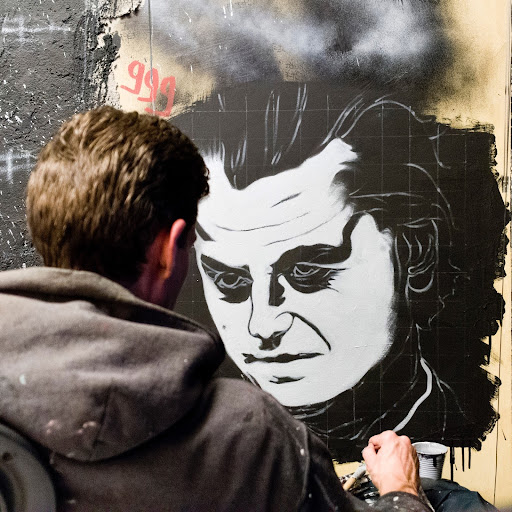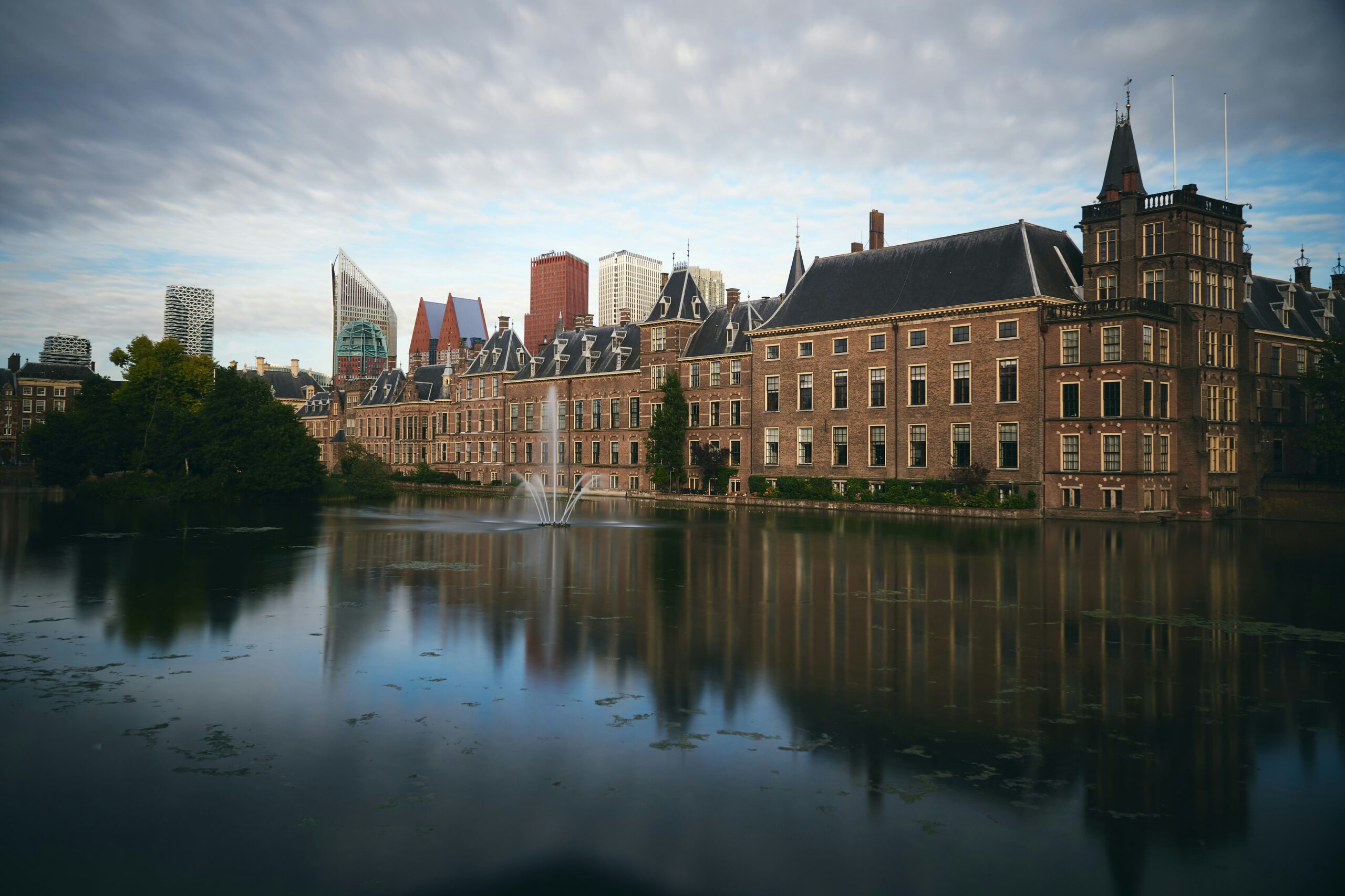In November 2023, the Dutch nationalist right-wing party Party for Freedom (PVV) dramatically won the parliamentary elections in the Netherlands. The PVV now occupies 37 seats in the Dutch parliament, which is 12 more than the second biggest party. Combined with the fact that the PVV has gained 20 seats since the 2021 elections, and all incumbent parties have lost votes, these elections mark a clear change in the political landscape. How is it possible that the PVV, a party that has been in parliament for almost 20 years, suddenly gained so many votes? What has led people to stray away from long-standing parties like the People’s Party for Freedom and Democracy (VVD), which had maintained the position of the largest party for 13 years?
Let’s begin with an overview of the PVV. The party was founded in 2006 by Geert Wilders, who still leads the party today. The PVV is known for its populist stance, characterised by anti-Islam, anti-immigrants, and anti-EU ideas. Despite controversies surrounding Wilders’ statements, including his conviction for insulting Moroccan people, the PVV has consistently maintained a significant presence. However, mostly due to its quite extreme ideas, such as banning the Quran and shutting down all mosques in the Netherlands, Wilders’ party has never been part of a government coalition. Coalition negotiations for the new government are still going on, but that the PVV will participate in this new coalition seems to be a given. This prompts the question: what changed in the months leading up to the elections?
An important part of the answer lies in the collapse of the Rutte IV-government in July 2023. Essentially, this happened because of ‘irreconcilable’ differences in views around migration, as prime minister at the time Mark Rutte said about the government’s inability to work out their disagreements. The four coalition partners, VVD, Christian Democratic Appeal, Christian Union, and Democrats 66, could not agree on a quota for refugees coming to the Netherlands, which ultimately led to a resignation of the government. As the government collapsed over the issue of migration, the entire campaign period before the elections in November 2023 centered around migration. For the PVV, there could not have been a better focus. An entire election period that almost exclusively revolved around the core issue of their party provided the perfect momentum for making their ideas and stances known to the public again. The prevailing sentiment was that clearly, the former coalition parties were unable to reach a consensus or provide solutions in the migration debate. Consequently, many voters felt like a new direction was needed, viewing Wilders’ party as the only hope in truly solving migration issues in the Netherlands.

A significant portion of the election result in the Netherlands can be explained by the circumstances. The failure of the coalition led to increasing public distrust towards the involved parties. Apparently they could not address crucial issues collectively, so why should they be put into power again? In this case, many people felt compelled to seek a new direction. Ultimately, it was the PVV that most effectively convinced the electorate of its capability to make necessary decisions. Wilders’ campaign made good use of the theme of these elections, and framed many domestic issues in light of migration as well. By constantly putting everything in a migration framework, and by reassuring people that the PVV would solve this primal problem in order to solve everything else, the party was able to gain an astounding result.

Now, as the formation of a new coalition is in full swing, it is time to see whether Wilders will be able to deliver on the promises he has made. Dutch politics seems to be more fragmented than ever, as various parties struggle to connect Wilders’ big win with his problematic, sometimes even unconstitutional, statements. Immediately following the election results, other major parties made it clear that they would never take part in a PVV-government. Nonetheless, the PVV is currently in the middle of negotiations with three other parties, where forming a right-wing coalition seems to be a feasible option. Only time will tell if Wilders will be able to make enough concessions in order to convince the others to work together. It will not be easy to combine keeping the PVV’s core identity with forming a government that satisfies all participating parties.
The coming weeks will tell to what extent the PVV is willing and able to compromise. Because even though much is still unclear in the formation process, letting go of some core ideas of the party, especially those excluding a large minority of Dutch citizens, will be inevitable in order to create a PVV-government. To persuade politicians and citizens of his intentions to lead a government, Wilders will need to shift the PVV’s stance, a party typically accustomed to an opposition role.



